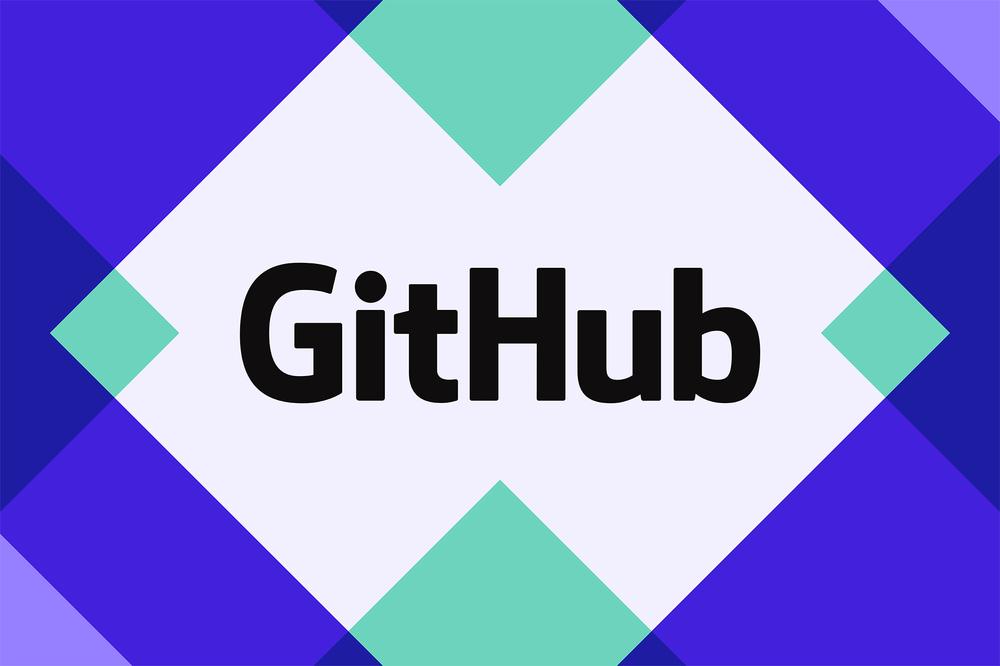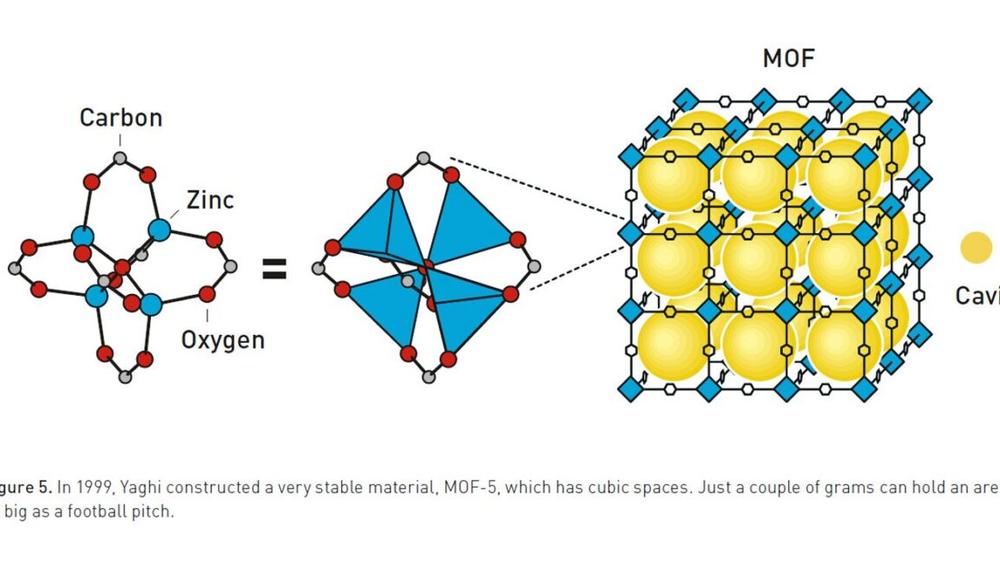Microsoft acquired GitHub in 2018 for $7.5 billion, in a move that was nervously received by the developer community at the time. The company has mostly remained independent at Microsoft since then, but the resignation of former CEO Thomas Dohmke less than two months ago has shaken up how GitHub operates.
GitHub is now gearing up for a huge migration over to Microsoft’s own Azure servers, just months after Dohmke’s resignation memo. Sources familiar with Microsoft’s plans tell me that GitHub is moving to Azure over the next 12 months, in a move that’s being positioned internally as existential for the developer platform.
The change is part of GitHub moving even more closely into Microsoft’s CoreAI team, something that started happening when GitHub moved into Microsoft’s developer division back in 2021. I’m told that GitHub has been accelerating its integration into Microsoft in recent weeks, ahead of a broader return to office mandate from Microsoft that will impact GitHub employees next year.
Vladimir Fedorov, GitHub’s chief technology officer, made the Azure migration announcement internally earlier this week, noting that GitHub is currently struggling with data center capacity. GitHub is currently hosted on the company’s own hardware, centrally located in Virginia. “We are constrained on data server capacity with limited opportunities to bring more capacity online in the North Virginia region,” Fedorov writes in a note to GitHub employees, or GitHubbers as they’re known internally.
“We have to do this,” Fedorov writes. “It’s existential for GitHub to have the ability to scale to meet the demands of AI and Copilot, and Azure is our path forward.”
Fedorov also said that Microsoft’s senior leadership team is, unsurprisingly, backing GitHub’s move. “CoreAI and Azure are mobilizing to get us the capacity and anything else we need to unlock us,” Fedorov says.
GitHub had already been moving some projects to Azure servers, like Git in Azure and Azure Sites Automation, and Fedorov says that past migrations haven’t gone to plan. “I know this is not the first time we said GitHub is moving to Azure,” Fedorov writes. “I also know that these types of migrations (some of which we’ve tried before) can drag on, and the longer they drag on, the more likely they are to fail.”
To ensure the move to Azure is completed within 12 months, GitHub’s leadership team is asking employees to delay new features in favor of the Azure migration. “We will be asking teams to delay feature work to focus on moving GitHub,” Fedorov says. “We have a small opportunity window where we can delay feature work to focus, and we need to make that window as short as possible.”
GitHub is now aiming to move fully off its own data centers within two years. This gives GitHub 18 months to execute its migration, with a six-month buffer for any delays. Most of the work will be completed over the next 12 months, according to Fedorov.
GitHub confirmed the migration in a statement to Notepad. “GitHub is migrating to Azure over the next 24 months because we believe it’s the right move for our community and our teams,” says Kyle Daigle, GitHub chief operating officer. “We need to scale faster to meet the explosive growth in developer activity and AI-powered workflows, and our current infrastructure is hitting its limits.”
The Azure migration will make GitHub even less independent inside Microsoft; it no longer has a single leader, and responsibility for GitHub is increasingly aligned with the CoreAI leadership team inside Microsoft. A migration of this size could not just delay new features, but also lead to potential outages along the way — especially as GitHub manages complex MySQL clusters. GitHub experienced an outage with its Actions service in June, followed by GitHub Enterprise Importer problems in July, and then search issues in August. GitHub also had a major outage last year.
In another sign of GitHub’s deeper integration, a source also tells me that GitHub is increasingly moving toward using Microsoft productivity tools. While GitHub employees have traditionally used Slack to communicate, they’re now being encouraged to use Microsoft Teams for calls and meetings. I’m told the workflow changes are designed to make it easier for Microsoft employees to communicate with GitHub employees, and vice versa.
The pad
- Microsoft is about to launch free Xbox Cloud Gaming with ads. Microsoft has started testing an ad-supported version of Xbox Cloud Gaming. Employees can now try out the experience, which is free and not tied to an Xbox Game Pass subscription, ahead of a public beta expected soon. The ad-supported version appears to be designed for try-before-you-buy scenarios. There are around two minutes of preroll ads before a game launches, and Microsoft is currently testing a limit of one hour for sessions, with up to five hours free each month. The test includes the ability to stream some games you own, as well as Xbox Retro Classics and eligible Free Play Days titles, which let Xbox players try games over a weekend.
- Windows 11’s dark mode is getting more consistent in File Explorer. Microsoft is officially improving the dark mode in Windows 11 to make it more consistent across the operating system. If you currently try to copy a large file in Windows 11, it will show a light mode dialog even if you have dark mode enabled. This is changing, alongside the move and delete dialogs and some other parts of Windows 11. Microsoft first introduced a dark mode option in Windows 10 in 2016, and it has taken almost a decade for the company to make it consistent. I’m hoping we’ll also see dark mode for the Run prompt, file properties UI, Control Panel, and Folder Options UI in File Explorer.
- Microsoft is plugging more holes that let you use Windows 11 without an online account. Microsoft is cracking down on bypass methods that let Windows 11 installs use a local account, and avoid an internet requirement during the setup process. Microsoft says it’s “removing known mechanisms for creating a local account in the Windows Setup experience” in the latest test builds of Windows 11. The changes mean Windows 11 users will need to complete the setup screens with an internet connection and Microsoft account in future versions of the OS. Windows 11 users have found a variety of workarounds for the Microsoft account requirement over the years, and I’m fairly sure they’ll find more after this latest announcement. Microsoft is adamant that Windows 11 will require an account and internet connection during setup, and you may have to use a custom unattended answer file to really avoid it in the future.
- Microsoft delays Xbox Game Pass Ultimate price hikes for some subscribers. Less than a week after announcing a massive 50 percent price hike for Xbox Game Pass Ultimate subscribers, Microsoft is delaying the price increase for some. Microsoft now says this price increase will only affect new purchases and not existing subscribers in markets like Germany, Ireland, South Korea, Poland, and India. The change in these countries is likely related to local regulations on subscription price changes, and it means in Ireland, existing subscribers with auto-renew enabled will still be charged at the €17.99 monthly rate, instead of the new €26.99 pricing.
- Apple turned the CrowdStrike BSOD issue into an anti-PC ad. Apple has returned to mocking Windows security in a new eight-minute commercial. Entitled “The Underdogs: BSOD,” Apple’s ad pokes fun at the CrowdStrike Blue Screen of Death (BSOD) issue that took down millions of Windows machines last year. While Apple criticizes the kernel-level functionality that led to a faulty CrowdStrike update causing chaos, it conveniently omits the times when kernel bugs in macOS have allowed security tools to trigger a similar crash.
- Microsoft talks up the power of NPUs for the future of Windows. I’ve been wondering when we might hear about Windows 12, or whatever is next, as we approach the 40-year anniversary of Windows in November. Now, Microsoft is making it increasingly clear that NPUs are key to the future of Windows. We’ve already seen plenty of features (hello, Recall) appear in Windows, thanks to the NPUs in Copilot Plus PCs, and now Steven Bathiche, a technical fellow at Microsoft who leads the teams developing AI in Windows, says he believes the future of Windows involves on-device AI agents. I’ve said this before, but I think the next version of Windows will require an NPU to unlock most of the new features Microsoft is working on.
- Microsoft reveals AI roadmap for Visual Studio. Microsoft is getting ready to deliver more AI-powered agentic features inside Visual Studio in the coming months. A debugger agent is currently in development that’s designed to let developers use an AI agent to investigate complex coding issues instead of having to be guided. Microsoft is also working on a Migration Agent to help with upgrades and migrations. If that wasn’t enough, there are also performance improvements coming to Copilot Chat, lots of MCP support, and more AI model support.
I’m always keen to hear from readers, so please drop a comment here, or you can reach me at notepad@theverge.com if you want to discuss anything else. If you’ve heard about any of Microsoft’s secret projects, you can reach me via email at notepad@theverge.com or speak to me confidentially on the Signal messaging app, where I’m tomwarren.01. I’m also tomwarren on Telegram, if you’d prefer to chat there.
Thanks for subscribing to Notepad.

 Sennheiser’s new HDB 360 headphones support high-res audio without a wire
Sennheiser’s new HDB 360 headphones support high-res audio without a wire